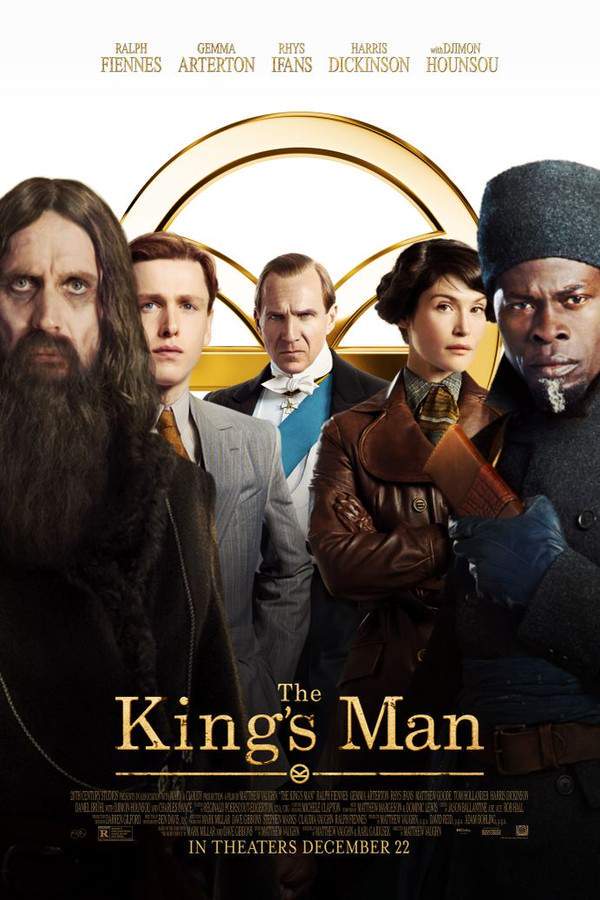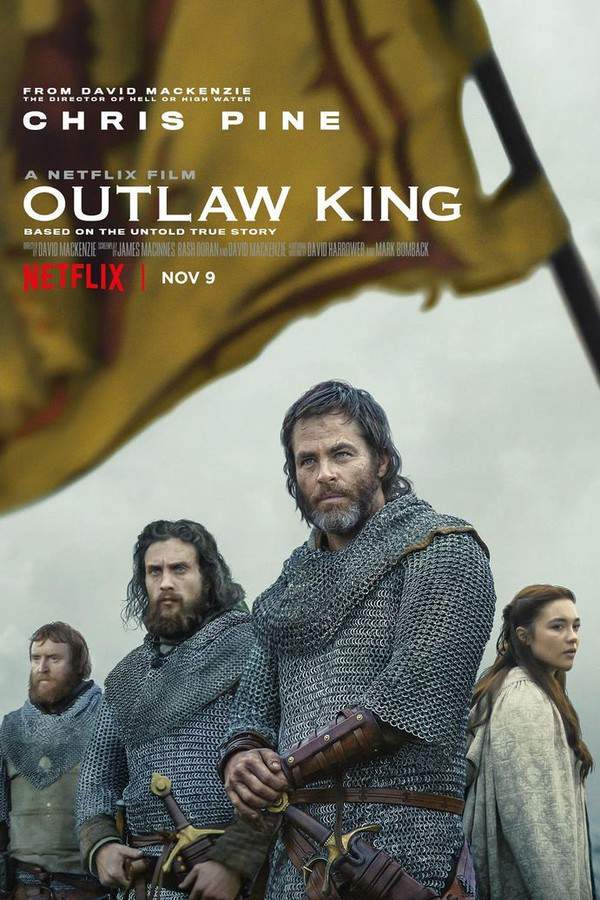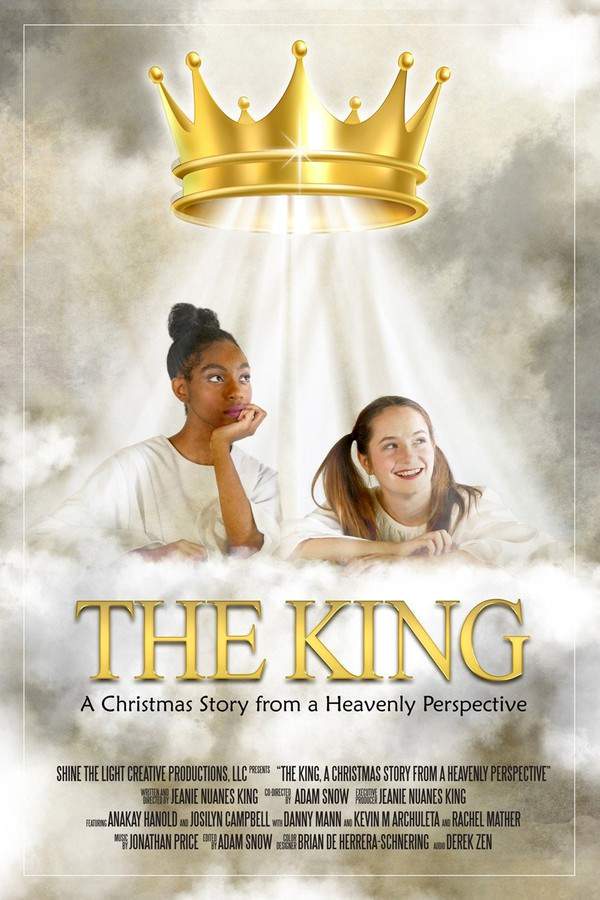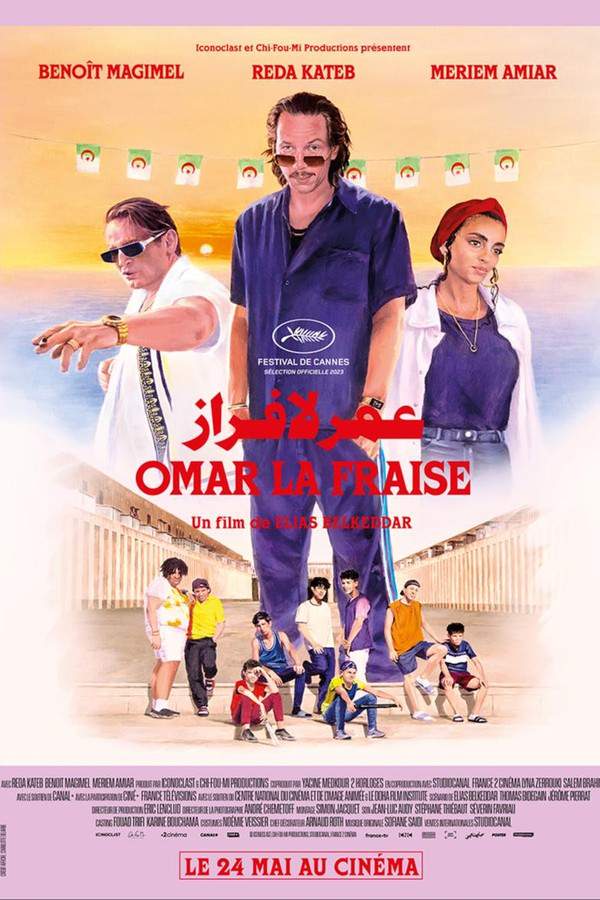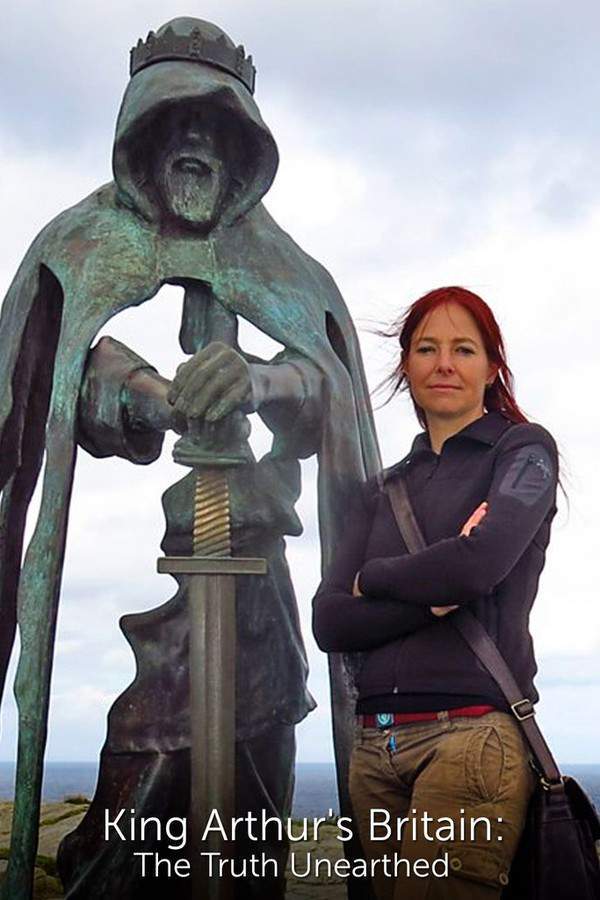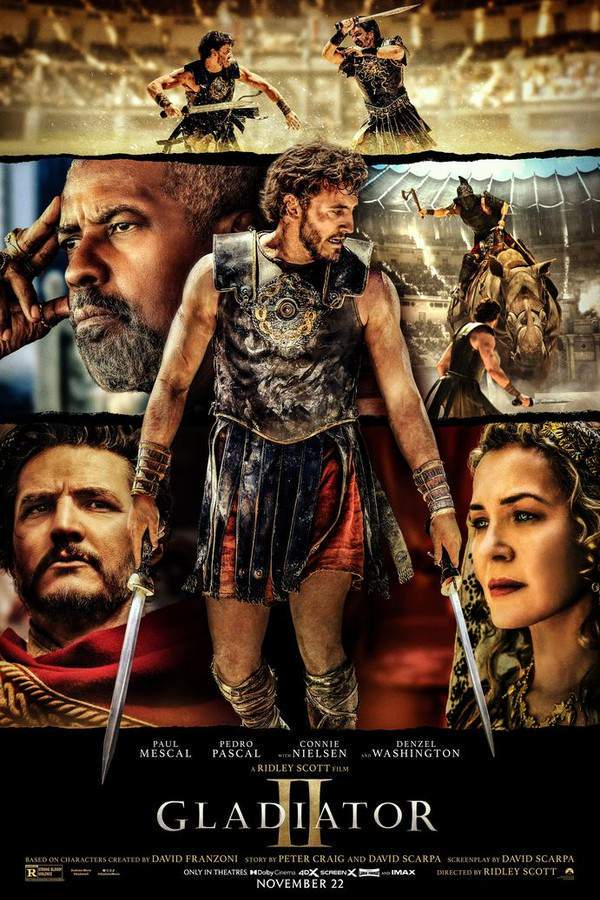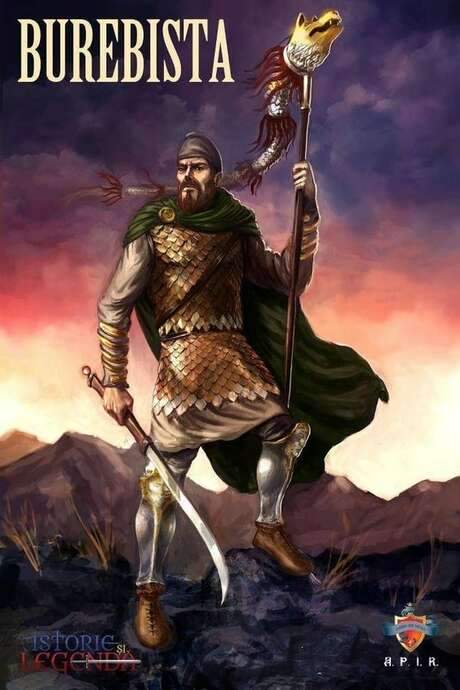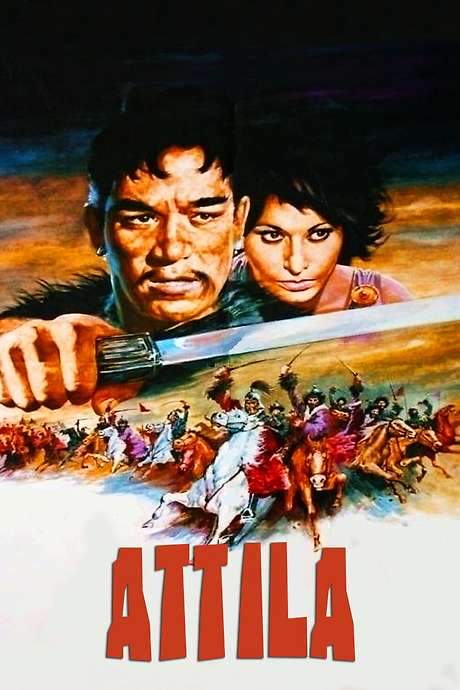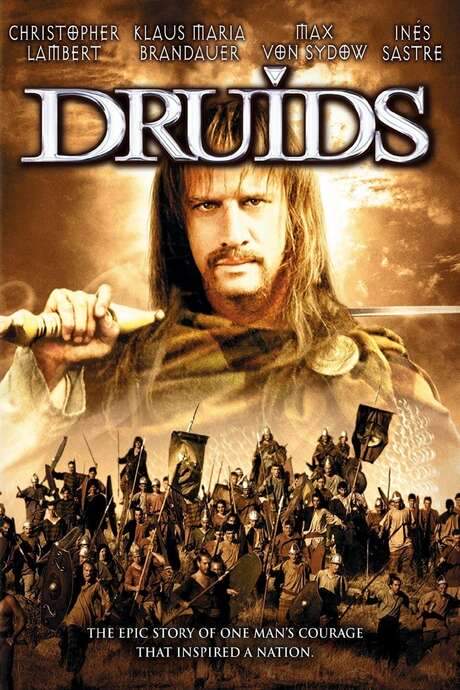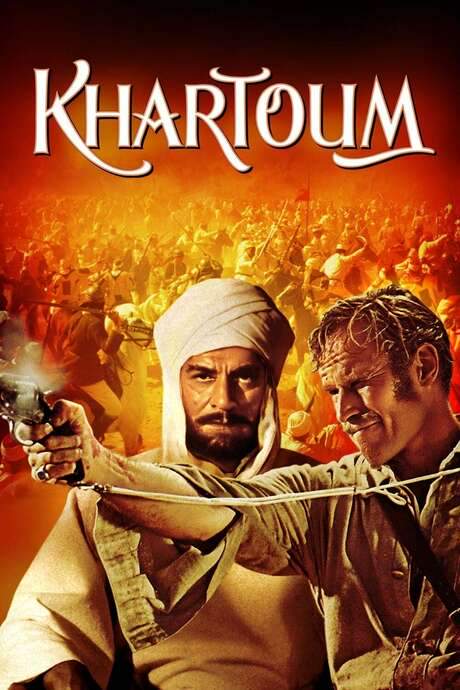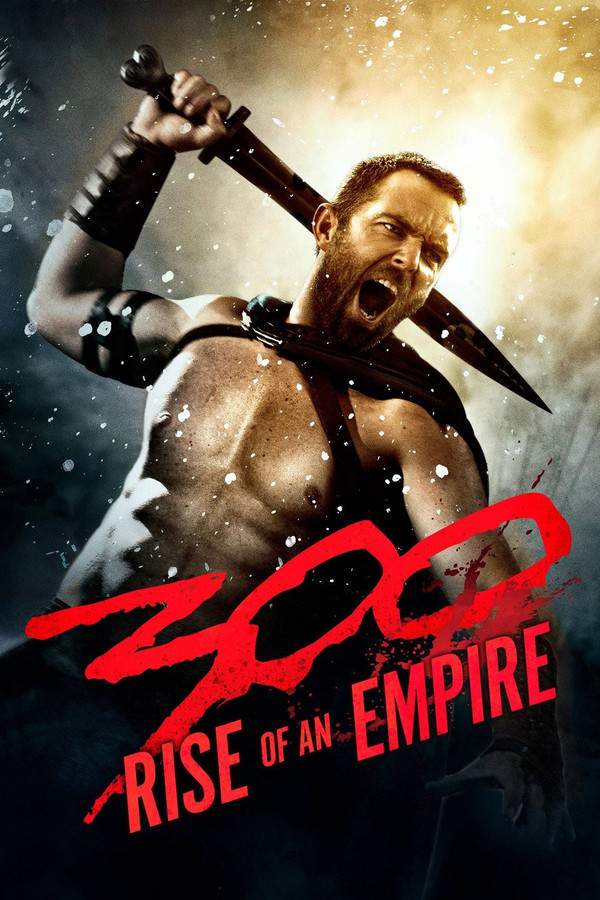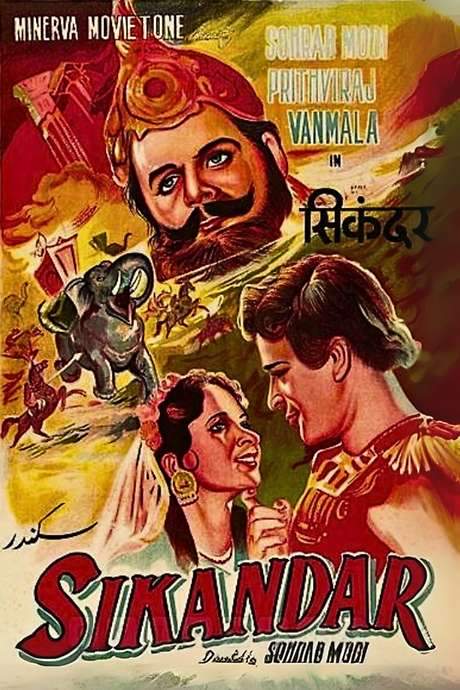
Alexander the Great
Year: 1956
Runtime: 136 mins
Language: English
Director: Robert Rossen
A sweeping historical epic set in the 4th‑century BC, following Alexander of Greece as he leads his army across the known world, driven by the conviction that Hellenic culture will enlighten conquered peoples. Son of the fierce Macedonian ruler Philip, Alexander’s brief but meteoric career is portrayed with grand battles, political intrigue and the relentless pursuit of glory.
Warning: spoilers below!
Haven’t seen Alexander the Great yet? This summary contains major spoilers. Bookmark the page, watch the movie, and come back for the full breakdown. If you're ready, scroll on and relive the story!
Alexander the Great (1956) – Full Plot Summary & Ending Explained
Read the complete plot breakdown of Alexander the Great (1956), including all key story events, major twists, and the ending explained in detail. Discover what really happened—and what it all means.
In a sweeping, deeply textured retelling of a pivotal era, the film unfolds against a chorus of power struggles between the rising Macedonian kingdom and the fractured Greek city-states. At the center is Alexander, a magnetic figure who grows from a spirited youth into a formidable conqueror, while the shadow of Philip II looms large—ambitious, pragmatic, and relentless in his drive to mold Greece into a unified force and push it toward a broader, perilous ambition. The drama opens with the tension between war and statecraft, as Demosthenes of Athens argues for resistance, warning that Philip’s design threatens the very soul of the Greek world.
Olympias, the king’s wife, carries a volatile rumor that will seed a tragic course: she claims that their son is “a god born of a god.” This proclamation is not just a personal boast but a political spark, a spark that will inflame factions, alliances, and grudges for years to come. Philip’s initial reaction is suspicion and anger, but wise counsel from trusted generals like Parmenio counsels patience—let the boy mature, let him learn, and let him decide his own path when the time is right. The boy grows under a gilded roof, but his education is anything but comfortable: at the school at Mieza, he studies history, mathematics, logic, and rhetoric under the tutelage of Aristotle, who frames a hunger for glory in the young prince. Alexander’s own voice expresses a fierce longing for glory, telling his teacher that, like Achilles, he would rather endure a brief, shining life than a long one without distinction.
When Philip advances, he makes a bold move, sending Alexander to rule as regent in the Macedonian capital, Pella, to stave off gossip about the succession and to concentrate power. The boy learns the realities of leadership in the crucible of campaign life, and the two leaders—father and son—move together on the campaigns that will become legend. The Battle of Chaeronea marks a turning point in Greek affairs, a brutal signal that the old city-states must recognize Macedonian supremacy. After the victory, Alexander demands loyalty and resources from all Greece to fund his father’s grand designs, insisting that they be ready to stand with Pella against Persia.
The family drama intensifies as Philip, in a strategic but ruthless reshuffling of alliances, divorces Olympias and marries Eurydice, a move that deepens the chasm between father and son and casts doubt on Alexander’s future. The tension inside the royal court erupts when Pausanias, once a devoted supporter of Alexander, is mocked for his loyalty. Olympias’s influence is implied as Pausanias’s fate takes a dark turn: he assassinates Philip, and Alexander acts quickly, killing Pausanias in the moment. Eurydice’s death follows—either suicide or a forced disappearance—while Olympias’s fingerprints, whether direct or indirect, cast a long shadow over Eurydice’s infant son, Caranus, and the succession question itself. In the wake of these murders, Alexander consolidates power, winning the loyalty of the Macedonians and taking up the mantle of leadership with newfound resolve.
The political chessboard shifts again as Memnon, an influential adviser from Darius’s court, is exiled for failing to pledge loyalty to Alexander, marking the Persian side of the looming conflict. The young conqueror then sets his sights on Asia, leading a clash of civilizations that will test his nerve, strategy, and almost mythic self-belief. In the Persian realm, Memnon counsels prudent, waiting warfare, while the Persian lords underestimate the “boy” who has already begun to feel invincible. The campaign begins with bold strides, including the legendary crossing into Asia and the decisive confrontations that follow.
A series of pivotal moments define the road to empire: the daring encounter at the Granicus River, where Alexander’s audacity and tactical brilliance begin to reshape the map; the solving of the Gordian Knot with a single, decisive sword stroke; and the mounting belief among his troops that a lunar omen can be read as a signal that the Macedonian sun will outshine the Persian moon. Before Babylon, a cunning seer named Aristander proclaims his prophecies, and a young king whose faith in the heavens grows bolder with each victory begins to see the world as his own domain.
When Darius III finally falls, his own will becomes part of the myth—the king bequeaths Roxane, the daughter of the Persian noble house, to Alexander in a bid to fuse two worlds into one. Roxane herself becomes a crucial figure in this saga, and the alliance is forged in the heart of Babylon, with the prior regicides in the Persian court avenged in the wake of Darius’s downfall. Throughout these triumphs, the Macedonian camp holds to a grim realism: epic deeds do not erase old feuds, and loyalty is a volatile currency. The story tracks not only military triumphs but also the moral and psychological costs of power.
In the glow of Babylon’s fires, Alexander raises his banner of invincibility and declares exacting, almost blasphemous dreams: > I am the son of God. > the world is my domain…We will march to the end of the world. These pronouncements, half prophecy, half swagger, echo through the ranks as the army presses on toward more distant horizons. In India, the news travels back to Athens and to the wider Greek world, where [Aeschines] might voice reverence and skepticism alike, while the growing legend of Alexander’s triumph fuels both awe and fear: > He has outdone the gods.
Yet the fever of conquest carries with it heavy human costs. In a drunken, fateful quarrel in the camp, the brilliant general Cleitus loses his life at Alexander’s hands, a blow that sobers the young king and exposes the vulnerabilities behind his ascent. Grief and reflection follow as he returns to Babylon, where alliances shift and personal life tightens its grip on political power. He marries Roxane in a union that cements his hold over the conquered territories, but illness soon returns and the dream of a seamless empire begins to fray. As death approaches, Alexander longs for the world and his own power to be carried beyond the river that has witnessed so much blood: he whispers a final, almost paradoxical wish that his body be cast into the Euphrates to mislead the world about his final rest—and he confesses the brutal, irreversible truth that will define his legacy: to the strongest.
This is not merely a chronicle of battles and treaties, but a meticulous portrait of how ambition, destiny, family, and politics collide to forge one of history’s most enduring legends. The film threads together intimate moments of education and doubt with sweeping, panoramic scenes of conquest, showing how a prince’s education, his father’s cunning, and the brutal calculus of empire propel a man toward becoming a legend whose shadow stretches across time.
Last Updated: October 05, 2025 at 11:32
Explore Movie Threads
Discover curated groups of movies connected by mood, themes, and story style. Browse collections built around emotion, atmosphere, and narrative focus to easily find films that match what you feel like watching right now.
Epic Tragic Ambition Movies like Alexander the Great
Epic stories of rise and fall, where immense power is shadowed by personal ruin.Explore movies like Alexander the Great that chronicle the grand, tragic arcs of ambitious leaders. If you were captivated by the somber portrayal of a conqueror's rise and the heavy cost of his power, this thread features similar historical epics and dramas where ambition leads to profound personal downfall.
Narrative Summary
This narrative pattern follows a protagonist's meteoric ascent to a position of immense power or influence. The story is defined by large-scale events—battles, political schemes, conquests—but the central conflict is internal. The protagonist's defining drive becomes their fatal flaw, leading to alienation, betrayal, and a deeply bittersweet or tragic conclusion where the achievement is hollowed out by personal loss.
Why These Movies?
Movies in this thread share a focus on epic scale paired with profound tragedy. They blend high-intensity drama with a dark, somber tone, often featuring a steady pacing that allows the psychological toll of ambition to build. The emotional journey is heavy, culminating in a bittersweet or bleak ending that questions the very nature of the protagonist's success.
Somber Historical Epics and War Films like Alexander the Great
Grand-scale history films where spectacle is interwoven with grim political reality.Find movies similar to Alexander the Great in their epic scope and somber tone. If you enjoyed the grand battles and political tension but also the film's dark, reflective take on conquest and empire, this thread gathers other sweeping historical dramas that balance spectacle with a heavy, thoughtful mood.
Narrative Summary
Stories in this thread use the canvas of history to explore timeless themes of power, legacy, and mortality. They follow a linear or biographical arc through significant historical events, but the focus is as much on the psychological and moral dilemmas of the characters as on the spectacle. The narrative is driven by tense political machinations and the grim realities of conflict, resulting in an ending that feels earned but far from triumphant.
Why These Movies?
These films are grouped by their unique combination of epic visual scale and a consistently dark, introspective tone. They share a steady, methodical pacing that allows for both grand set-pieces and nuanced character study. The experience is intense and emotionally heavy, defined by a pervasive tension and minimal levity, making the historical drama feel weighty and consequential.
Unlock the Full Story of Alexander the Great
Don't stop at just watching — explore Alexander the Great in full detail. From the complete plot summary and scene-by-scene timeline to character breakdowns, thematic analysis, and a deep dive into the ending — every page helps you truly understand what Alexander the Great is all about. Plus, discover what's next after the movie.
Alexander the Great Timeline
Track the full timeline of Alexander the Great with every major event arranged chronologically. Perfect for decoding non-linear storytelling, flashbacks, or parallel narratives with a clear scene-by-scene breakdown.

Characters, Settings & Themes in Alexander the Great
Discover the characters, locations, and core themes that shape Alexander the Great. Get insights into symbolic elements, setting significance, and deeper narrative meaning — ideal for thematic analysis and movie breakdowns.

Alexander the Great Spoiler-Free Summary
Get a quick, spoiler-free overview of Alexander the Great that covers the main plot points and key details without revealing any major twists or spoilers. Perfect for those who want to know what to expect before diving in.

More About Alexander the Great
Visit What's After the Movie to explore more about Alexander the Great: box office results, cast and crew info, production details, post-credit scenes, and external links — all in one place for movie fans and researchers.

Similar Movies to Alexander the Great
Discover movies like Alexander the Great that share similar genres, themes, and storytelling elements. Whether you’re drawn to the atmosphere, character arcs, or plot structure, these curated recommendations will help you explore more films you’ll love.
Explore More About Movie Alexander the Great
Alexander the Great (1956) Scene-by-Scene Movie Timeline
Alexander the Great (1956) Movie Characters, Themes & Settings
Alexander the Great (1956) Spoiler-Free Summary & Key Flow
Movies Like Alexander the Great – Similar Titles You’ll Enjoy
Gladiator (2000) Complete Plot Breakdown
Alexander (2004) Film Overview & Timeline
300: Rise of an Empire (2014) Complete Plot Breakdown
300 (2007) Story Summary & Characters
Jason and the Argonauts (1000) Story Summary & Characters
Alexander the Great (1980) Spoiler-Packed Plot Recap
When the Greeks (1981) Film Overview & Timeline
Alexander of Yugoslavia (2021) Full Movie Breakdown
Genghis Khan (1965) Plot Summary & Ending Explained
Alexander The Great (1968) Full Movie Breakdown
Alexander Nevsky (1938) Film Overview & Timeline
Alexander: The Neva Battle (2008) Story Summary & Characters
The 300 Spartans (1962) Movie Recap & Themes
Alexander the Last (2009) Film Overview & Timeline
Sikandar (1941) Plot Summary & Ending Explained

